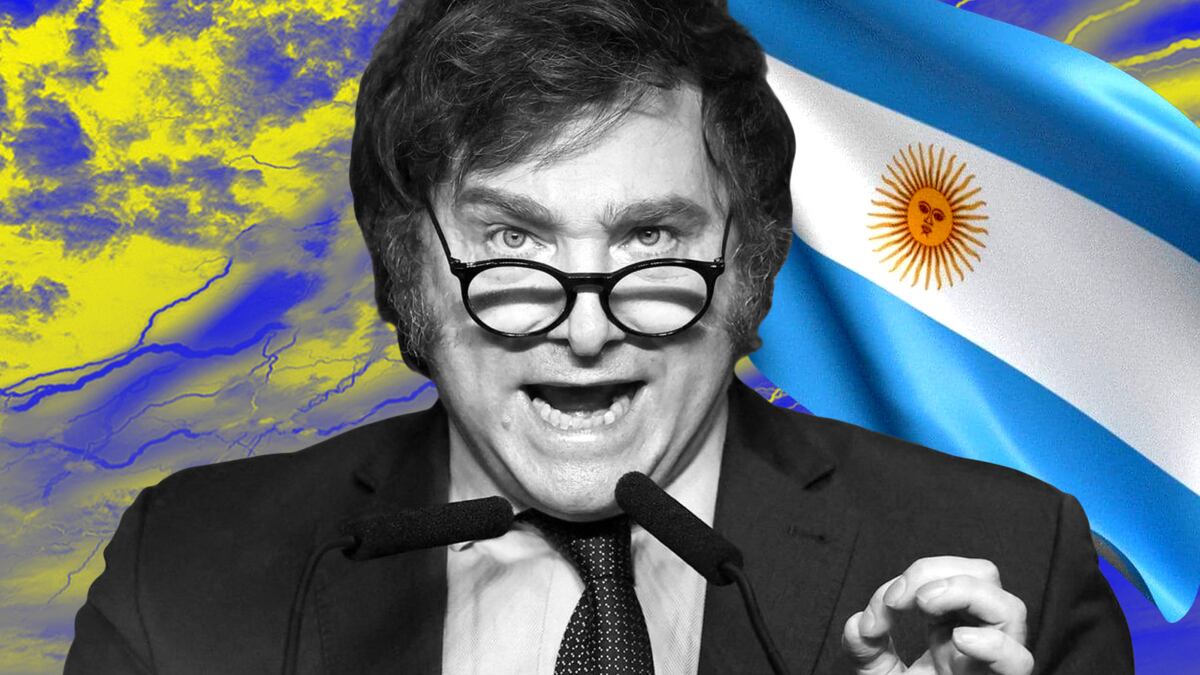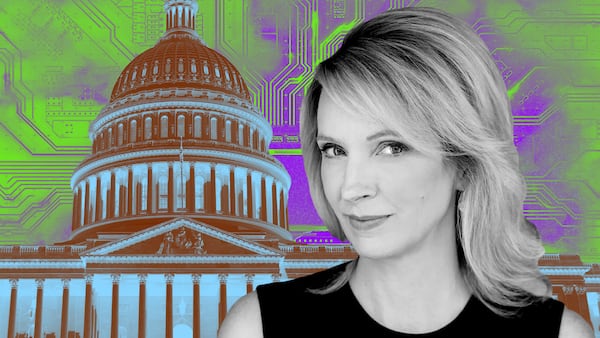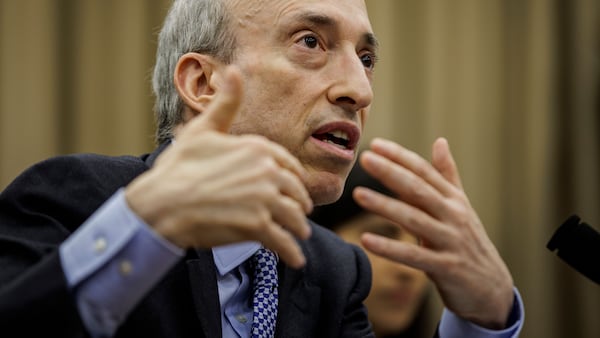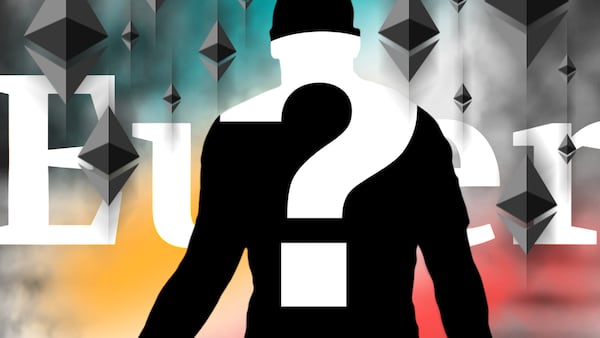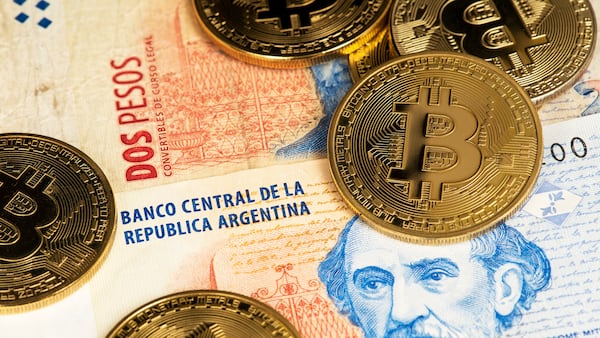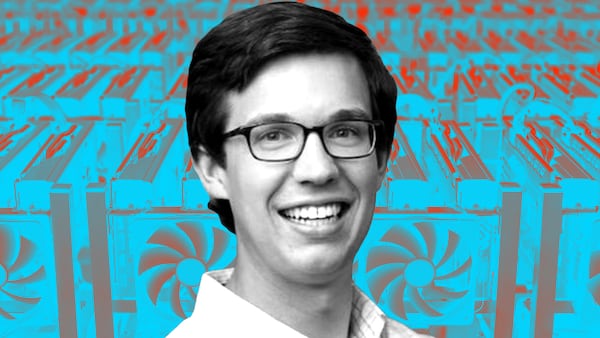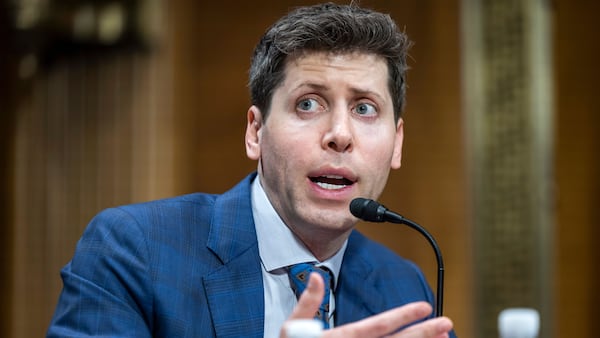- Javier Milei was elected President of Argentina on Sunday night.
- The libertarian economist has cited Bitcoin and cryptocurrencies as possible solutions to Argentina’s inflation problem.
- Milei's vows to shutter the central bank and dollarise the economy makes the outlook unclear.
The announcement of Javier Milei’s election as Argentina’s next president was met with a chorus of screams and cheers throughout downtown Buenos Aires on Sunday evening, reflecting the intense public reaction to this significant political shift.
Milei’s electoral victory is a polarising event in Argentina: for some, it ignites hope of economic recovery and escape from persistent financial turmoil. For others, it raises concerns of potential exacerbation of the nation’s challenges.
And for the crypto sector, Milei’s win heralds the rise of a crypto-friendly politician to the highest echelon of leadership in a nation of more than 45 million.
But Milei’s relationship with crypto is somewhat convoluted.
“Milei is not really a crypto guy in the sense that he could be similar to Bukele in El Salvador — he talked about crypto or Bitcoin probably one in 1000 interviews,” Maximiliano Firtman, Argentinian author and programmer, told DL News.
“When we try to define Milei and his relationship with crypto, I see it as a mystery,” said Firtman. “But because of his liberal ideas, I understand the crypto world will feel it’s going to be good for them.”
Economist and politician Diana Mondino said that “Argentina can become a bitcoin haven.”
Mondino is likely to become Minister of Foreign Affairs in Milei’s cabinet, according to the Buenos Aires Times.
Pro-Bitcoin?
As a libertarian economist, Milei has an affinity for private alternatives to functions typically performed by the government. Bitcoin, as an alternative currency and asset, is one of them.
“What Bitcoin represents is the return of money to its original creator — the private sector,” Milei told local news network Clarin.
“Bitcoin has an algorithm so that one day, it reaches a certain amount, and there is no more,” he said, referring to the fact that the total supply of Bitcoin is fixed at 21 million coins.
“Bitcoin is the natural reaction against the central bank scammers and to make money private again. And the flip side is that the thieving politicians are not going to allow you to go against the legal tender.”
But to disappoint Bitcoin maximalists, Milei’s interest in crypto extends beyond Bitcoin.
In September 2021, at the height of the NFT frenzy, he also launched an NFT of an animated image of a 1,000 peso bill with his portrait burning up.
Six days after minting, it sold for 3.8 ETH — roughly $13,064 at the time. The buyer isn’t known.
Shuttering the central bank
Argentina is grappling with severe inflation — an issue that formed a central theme in Milei’s campaign.
The country’s central bank projected that the annual inflation rate might soar to 185% by year-end, underscoring the magnitude of the economic crisis.
Milei has attributed Argentina’s inflation crisis to its political leadership, criticising the nation’s central bank as “the worst garbage that exists on this Earth.”
“Central banks are divided in four categories: the bad ones, like the Federal Reserve, the very bad ones, like the ones in Latin America, the horribly bad ones, and the Central Bank of Argentina,” he told Bloomberg in August.
Milei has vowed to shutter the central bank and formally dollarise the economy.
What Milei means by dollarisation is a “currency competition,” according to Num Finance co-founder and former MakerDAO head of strategy Mariano Di Pietrantonio.
“You will be able to use whatever currency the seller and the purchaser agree on,” Di Pietrantonio told DL News. “Argentinians have a lot of dollars, so it is understandable that they will choose [that currency].”
But the actual process to dollarise the economy isn’t clear, said Di Pietrantonio, since the central bank currently does not physically have the actual US dollars needed to make a conversion to pesos at a fixed rate.
“Milei needs to kickstart a hyperinflation above 1,000% to dilute away these pesos,” said Di Pietrantonio. “If not, we will have an asymmetric dollarisation, that is different exchange rates for different things, and it can be seen as confiscation.”
Di Pietrantonio said he could see a flight from pesos to stablecoins should a hyperinflation scenario kick in.
Currency limits
Argentinians face strict legal limits on currency exchange, being able to convert pesos to a maximum of only $200 per month at banks.
This restriction has spurred the creation of a widespread black market to meet the soaring demand for dollars, where they are bought at significantly higher rates.
While the official exchange rate stands at 353 pesos to the dollar, the underground market, colloquially known as the “blue rate” — named after the blue stripe on $100 bills — sees the dollar trading at approximately 930 pesos.
Cash dollars are not the sole refuge for Argentinians seeking financial stability amid their country’s economic turbulence.
The country saw over $85 billion in crypto transactions from January to July, making it the leader in transaction volume in Latin America, according to an October report from Chainalysis.
With five million users, crypto is mainstream in Argentina, Alfonso Martel Seward, head of compliance and anti-money laundering at Argentina-based cryptocurrency exchange Lemon Cash, told Chainalysis.
”As crypto adoption has grown, lots of people here will now get their paycheck and immediately put it into USDT or USDC,” Seward said.
Got a tip about Argentina, crypto, and Milei? Reach out to Tom Carreras in Buenos Aires: tcarreras@dlnews.com
